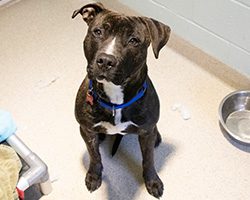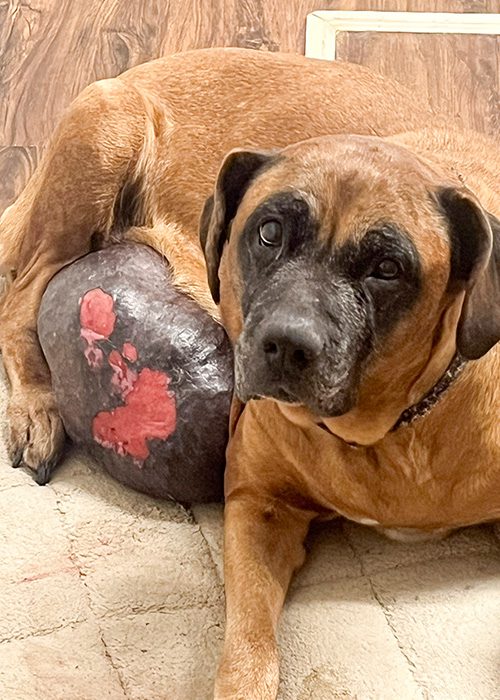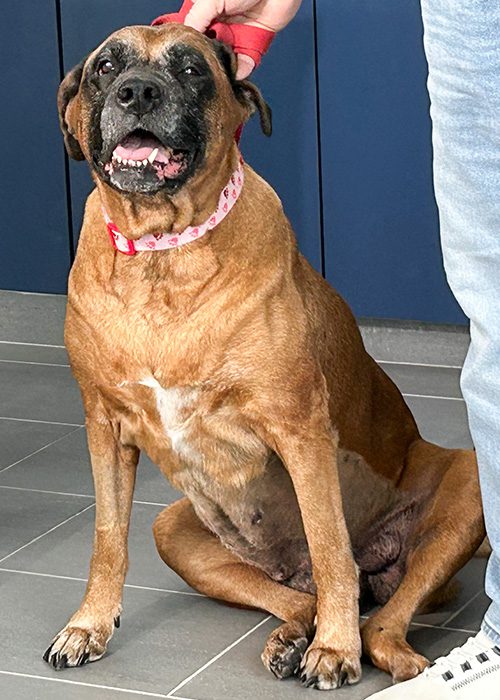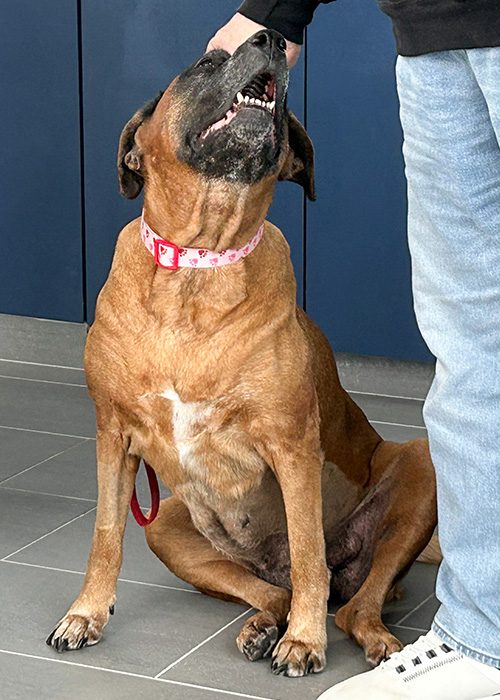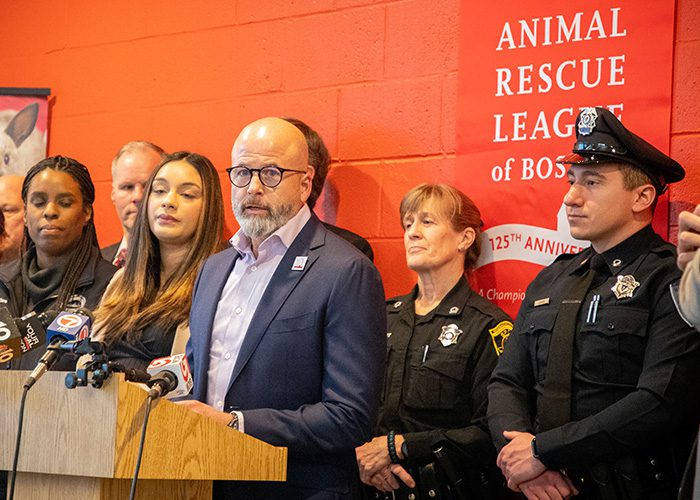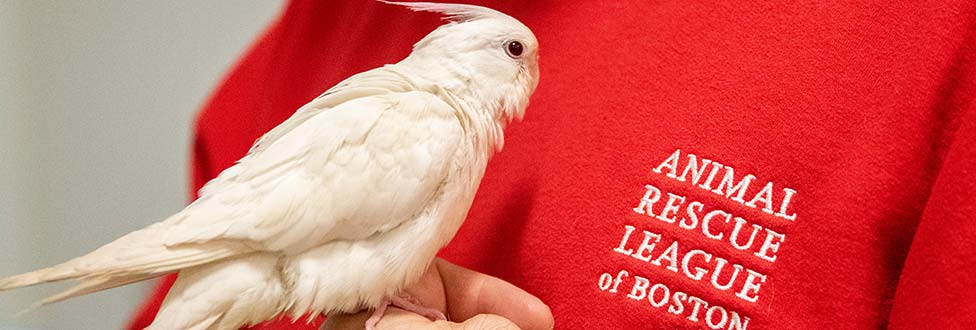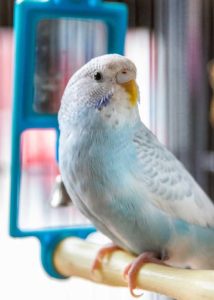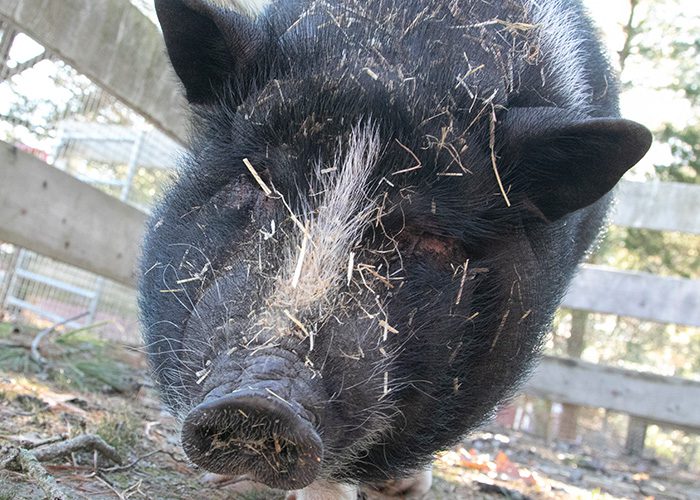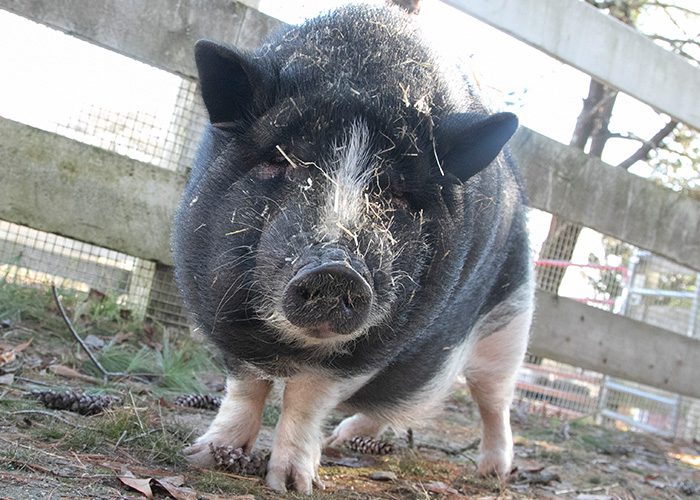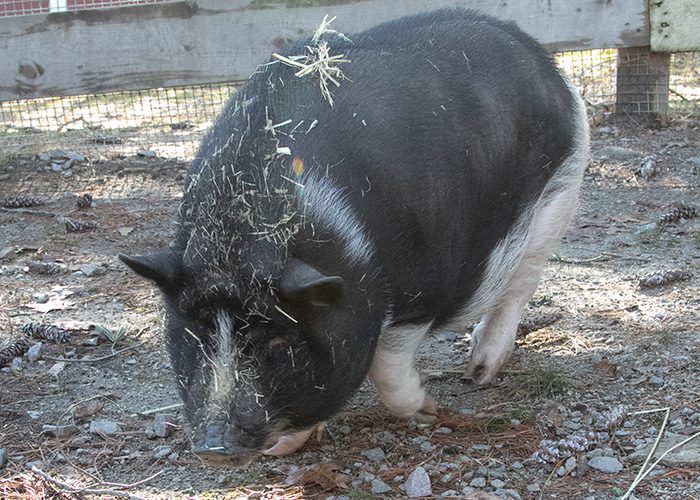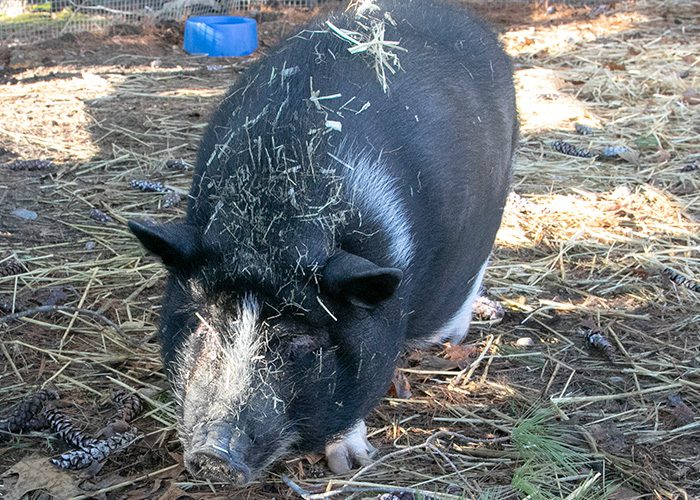ARL Legislative Agenda Spotlight: Housing
The Animal Rescue League of Boston’s Legislative Agenda covers a wide range of policy areas, from strengthening laws prohibiting cruelty, to increasing protections at animal-related businesses, to providing for additional funding for animal care.
We know that policies to improve the lives of animals are not just focused on criminal cruelty cases, but can include creating communities where animals are able to stay in their homes.
Housing is one of the top concerns of many families in Massachusetts.
Amid rising costs and a competitive housing market, the stress of finding and maintaining housing can be a significant burden.
For many Massachusetts families with pets, this burden can be even more significant.
Breed-Based Discrimination
Archaic attitudes and narratives have created widespread discrimination and limits around allowing certain size and breeds of dogs into housing.
There are no protections for those looking for rental housing who may have a dog.
Discrimination on size and weight is common.
Landlords may also refuse to rent to tenants based on the breed of the dog, perceived or actual.
In a rental market with limited options, certain dog owners may find that they have even less options.
Prohibitions on breed is not limited to just renters.
Even landlords who want to allow for dogs regardless of breed may be restricted because their insurance rates or coverage limits them.
Many insurance companies will refuse to insure homes that have dogs of certain “banned breeds”.
These lists are comprehensive, often including breeds of dogs outside of what people may assume.
For homeowners who already own or want to bring home a dog that may be considered one of these breeds, they face limited options and may end up paying higher premiums.
Studies have shown that breed identification is a difficult task even by animal professionals.
More importantly, breed does not determine a dog’s temperament or danger to others.
Massachusetts law already allows for a lengthy process to designate a “dangerous dog,” based on documented behavior.
No part of this process allows for consideration of breed.
Housing related concerns are by far the top reason that animals are surrendered to shelters.
Breed-based policies can even impact animals in shelters, as foster homes may be limited based on size and breed of the dog and dogs resembling these breeds may have longer lengths of stay as they have less adoptive homes.
Policies that help families stay together provide for better outcomes for pets and people.
Housing Legislation
For a number of sessions, ARL has supported legislation that would prohibit breed-based discrimination in housing and insurance.
An Act to maintain stable housing for families with pets in an economic crisis and beyond (filed by Representative Dave Rogers, Representative Montaño and Senator Gobi) was reported out favorably by the Joint Committee on Housing, Chaired by Representative Arciero and Senator Edwards.
In addition to breed-based protections, this legislation has several provisions relating to housing and emergencies to protect pets, ensuring that in states of emergency families don’t have to choose between their pet and safety.
We are thankful to the Joint Committee on Housing for recognizing the impact these policies have on what is already a very difficult housing market.
Keeping pets and people together requires innovative solutions, and preventing evictions and separations of families based on stereotypes is a great first step.
Stay tuned for more information as legislation moves through the State House, and learn more about the bills on ARL’s Legislative Agenda.



